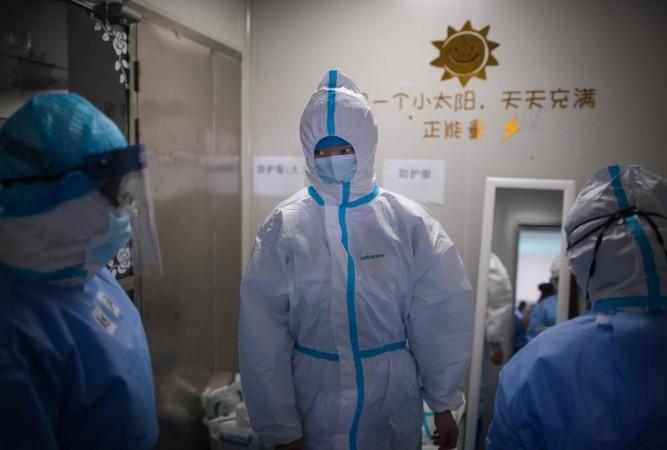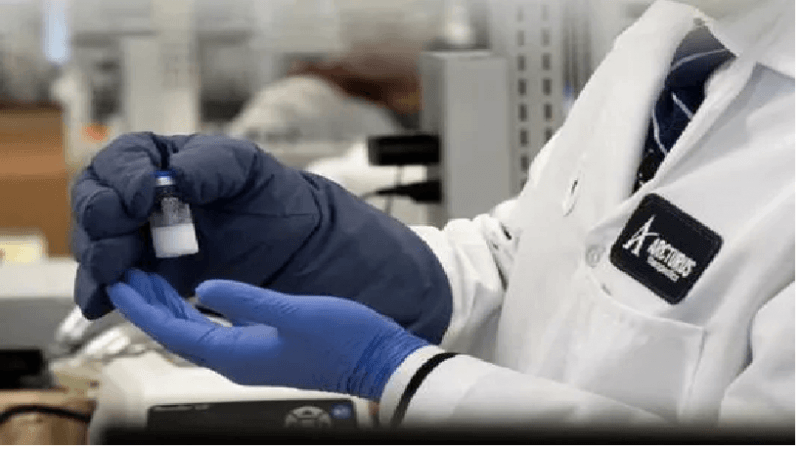The Indian Chest Society (ICS) has evaluated the worst-case scenario of the coronavirus pandemic in India and in that case, the country would need 1 crore ventilators and about 4 crore ICU beds. In a webinar conducted Friday, April 3 on COVID-19 preparedness and healthcare workers' protection, the ICS concluded that India is likely to witness the peak of coronavirus in terms of positive cases by the end of April since the country is one month behind the US, the current epicentre of the coronavirus.

"The requirement of ventilators for COVID cases in the worst scenario is close to 1 crore and ICU beds is about 4 crores if our entire population is to get infected and we are nowhere near that," DJ Christopher, Head, Indian Chest Society, said in a statement.
Lockdown may slow down the peak of coronavirus
The ICS said that the three-week nationwide lockdown will help in slowing down the peak, which can be delayed depending upon the effectiveness of the lockdown. The assessment was made after comparing two cities during the Spanish flu pandemic in 1919. The rationale behind the 21-day lockdown, announced by Prime Minister Narendra Modi on March 24, was the incubation period of the COVID-19 as well as the country's economic situation.
As far as India's herd immunity is concerned, the Indian Chest Society said that it is yet to be seen if it will be helpful in containing the coronavirus pandemic. The ICS said that comorbid conditions - the presence of more than one disorder in the same person - contribute to the mortality rate of COVID-19.
The group of respiratory medicine specialists suggested that the ideal COVID centers need to have different wards and ICUs for suspected patients and confirmed COVID-19 patients.

Use of HCQ prophylaxis and PPE need
During the webinar, the experts recommended the use of HCQ prophylaxis for people taking care of high-risk individuals but with caution. It also asserted the need for proper personal protective equipment (PPE) for health workers treating coronavirus patients in hospitals. "The basic PPE required in screening areas and infective wards is gloves, goggles, waterproof gowns. Cap and shoes are optional," the respiratory medicine specialists asserted.
It also said that health workers should not work for more than six hours as it increases the risk of getting infected. "As viral load determines the infectivity and subsequent course it is essential that health workers do not work more than 6 hrs as it was noted people working more than 10 hrs in infected wards had high mortality," the ICS added.














